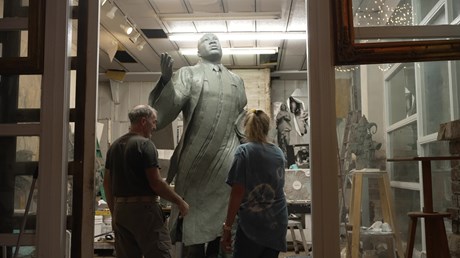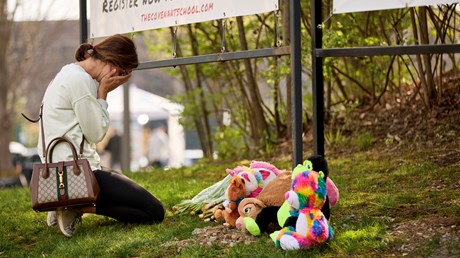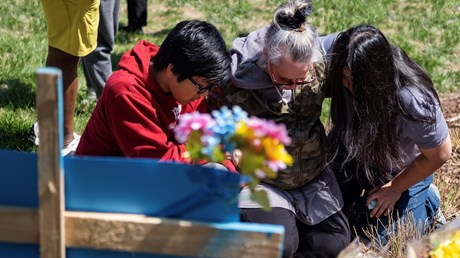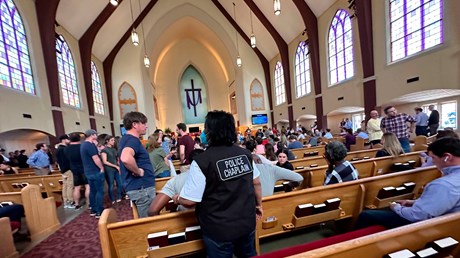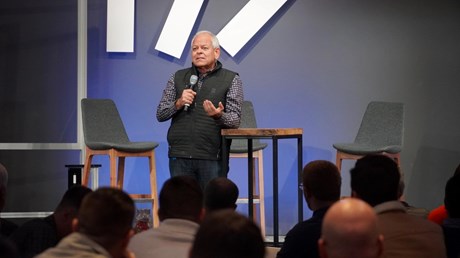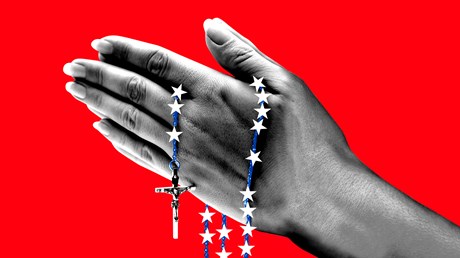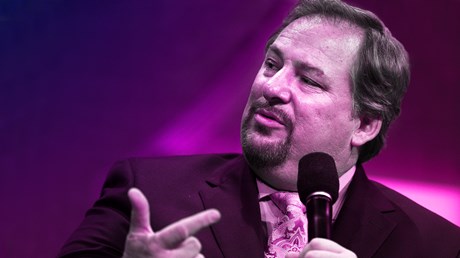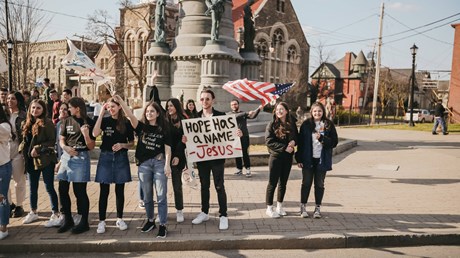Alumnus Dondi E. Costin steps in to lead years after Jerry Falwell Jr.’s scandal.
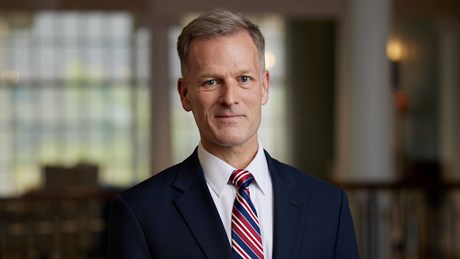
Two and a half years after Jerry Falwell Jr. stepped down in scandal, Liberty University named its new president on Friday: Dondi E. Costin, the outgoing president at Charleston Southern University and a retired US Air Force major general and chaplain who earned a pair of master’s degrees from Liberty.
Costin is the school’s first president to not be named Jerry, succeeding interim president and longtime board chair Jerry Prevo and the two Jerry Falwells before him. Liberty’s founding family is still represented in leadership; pastor Jonathan Falwell—son of the late Jerry Falwell Sr. and brother to Jerry Falwell Jr.—has been appointed chancellor.
Costin, an Air Force Academy graduate who concluded a 32-year military career as chief of chaplains at the Pentagon, spent the past five years leading Charleston Southern, a Christian college of around 3,500 students in South Carolina.
“There are fewer differences than one might imagine between the processes and procedure of the military and higher education,” Costin told CT’s Creative Studio in 2019. “If you can survive and thrive in a complex bureaucracy like the Pentagon, then you can do it in a complex bureaucracy like higher education.”
At the Lynchburg, Virginia, campus, some high-profile challenges linger. Last year, Department of Education officials launched an investigation into the school’s handling of sexual assault claims, following a lawsuit from Jane Doe survivors and a campus movement calling for an audit of the school’s Title IX office. Former president Jerry Falwell Jr. continues to challenge the terms of his departure, suing earlier this month over millions in retirement benefits.
But Liberty remains ...
from Christianity Today Magazine https://ift.tt/2KAZemi



